Proven Methods To Effectively Reduce Intestinal Gas Build Up
Intestinal gas occurs when air is rapidly pushed through to the colon from the small intestine. The amount of gas depends on the colonic bacteria in the undigested food that enters the colon along with the speed in which it passes through the intestines. Typically, intestinal gas that is present in the lower intestines is produced in the colon and does not reach upper intestines. Intestinal gas may occur in the form of flatulence, burping, or a feeling of fullness in the abdomen. Causes may vary from swallowed air to certain foods. Here is how to reduce gas before it builds up.
Eat Small Meals Throughout The Day

Instead of eating a big breakfast, lunch, and dinner every day, focus on breaking these meals up into six smaller ones. This may help reduce intestinal bloating and gas. It may also help improve digestion and speed up metabolism. Chewing food slower can help to reduce gas in two ways. It helps minimize the amount of air swallowed, and the smaller pieces of food are easier to digest, causing less gas. Chewing also helps a person eat less food, which reduces gas because there is less food in the digestive tract to cause irritation.
Rule Out A Food Allergy
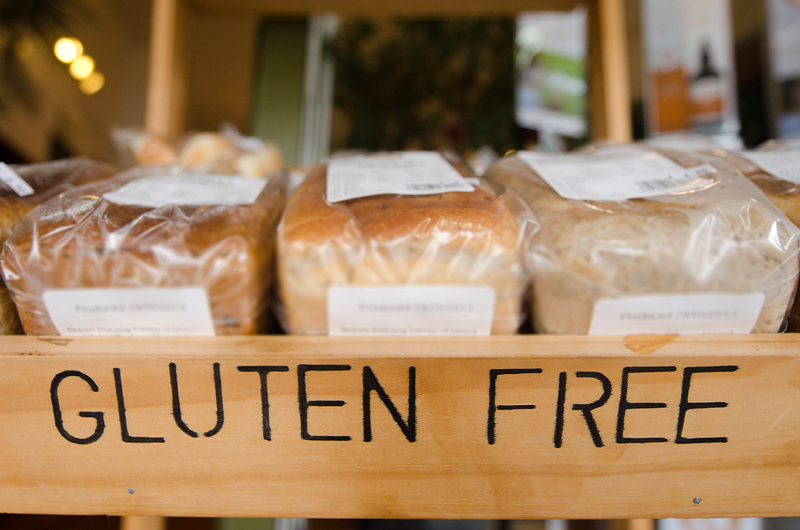
Prolonged or excessive intestinal gas might be a sign of an underlying food allergy or intolerance. Many people have sensitivities to foods containing lactose, fructose, eggs, wheat, and gluten. Try an elimination diet for two weeks by eliminating these foods from the diet. Keep a food journal to track progress. After two weeks, slowly reintroduce these foods back into the diet in the amount of one food per week. Write down detailed notes about which foods cause intestinal gas and which are safe.
Avoid Gassy Foods
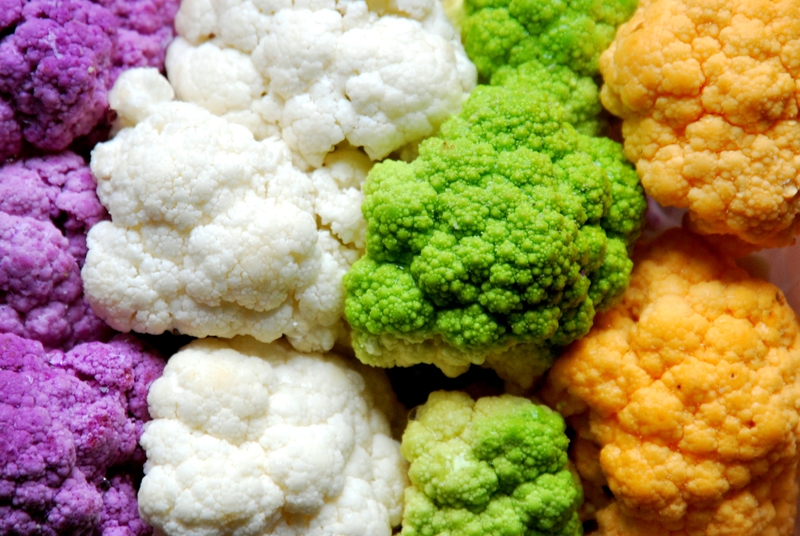
Some foods are harder to digest than others, which may contribute to gas. While fiber is an essential part of a healthy diet, limit the amount eaten before heading into a work meeting or whenever intestinal gas will become an embarrassing problem. Foods that are common offenders include beans, fatty foods, dairy, lentils, whole grains, certain vegetables such as broccoli, cauliflower, and Brussels sprouts, and soda. Highly inflammation foods such as processed foods or foods high in refined sugar may also contribute to gas.
Avoid Swallowing Too Much Air
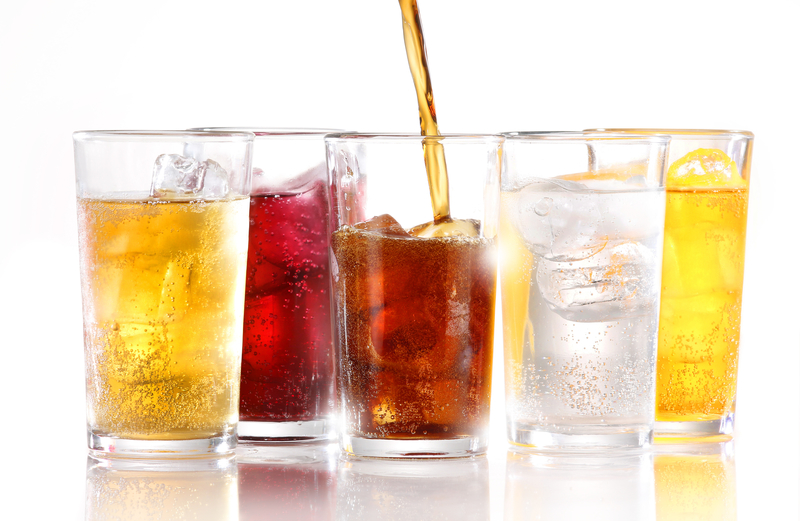
There are two main sources of gas in the digestive tract. The first is caused by bacteria and the second is caused by swallowing air. Carbonated drinks such as soda and fizzy beverages contain bubbles filled with carbon dioxide, which is a gas that is released from the beverage after it is consumed. Other factors that contribute to air being swallowed include drinking through a straw, eating and talking at the same time, eating in a hurry, and chewing gum.
Try The Low FODMAP Diet
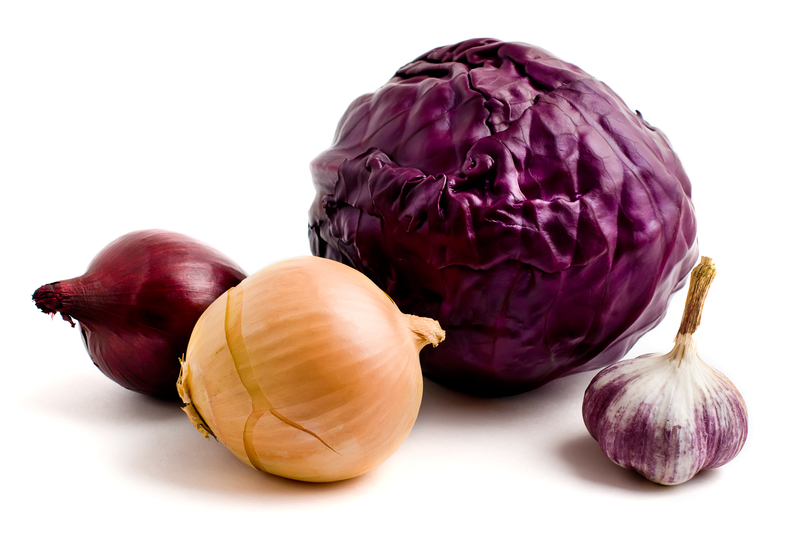
FODMAPS, which stands for Fermentable, Oligo, Di-, Mono-saccharides And Polyols, are a type of indigestible carbohydrate that has been shown to increase the symptoms in people who suffer from irritable bowel syndrome, including gas, bloating, constipation or diarrhea. Standard FODMAP foods include garlic, onions, wheat, cabbage, broccoli, cauliflower, beans, apples, pears, watermelon, artichokes, and artificial sweeteners. Low FODMAP diets might be difficult to follow because they restrict quite a bit of food, but they are worth it for anyone looking for relief from excessive or embarrassing gas.
Decrease Artificial Sweeteners
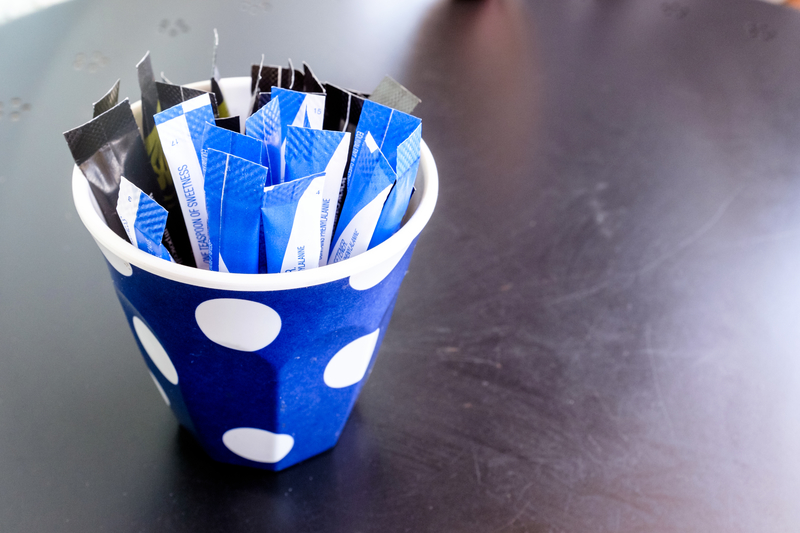
Artificial sweeteners, also known as sugar alcohols, are commonly used in foods that are advertised as “sugar-free.” While these foods may not include added refined sugars, artificial sugars are still just as bad for many reasons. They have been linked to obesity, digestive disorders, hypertension, and metabolic disorders. Read ingredient labels on any foods that may contain artificial sweeteners such as in chewing gum, diet sodas and beverages, and any packaged food labeled as sugar-free. Use natural sweeteners such as raw honey and maple syrup in place of sugar alcohols when baking.
Reduce Constipation

Intestinal gas can be a universal sign of constipation, which occurs when a person experiences less than three bowel movements a week. Keeping things moving in the digestive track is a good way to eliminate gas. Constipation is caused by a poor diet, lack of activity, and dehydration. Be sure to stay hydrated throughout the day by drinking lots of water to pass gas and fecal matter through the digestive tract naturally. Walking, running, swimming, and biking may also help promote regularity.
Peppermint Oil

Peppermint is incredibly soothing on the gut. It has been shown to reduce gas, bloating, and abdominal pain. Peppermint oil works similarly to prescription drugs called antispasmodics, which reduce muscle spasms that cause digestive discomfort. Enjoy a cup of peppermint tea after every meal, three times a day if possible to reduce gas. Sniffing peppermint essential oil throughout the day may also help if tea is not an option. Rubbing a bit of peppermint essential oil on the abdomen may even help.
Take Digestive Enzymes
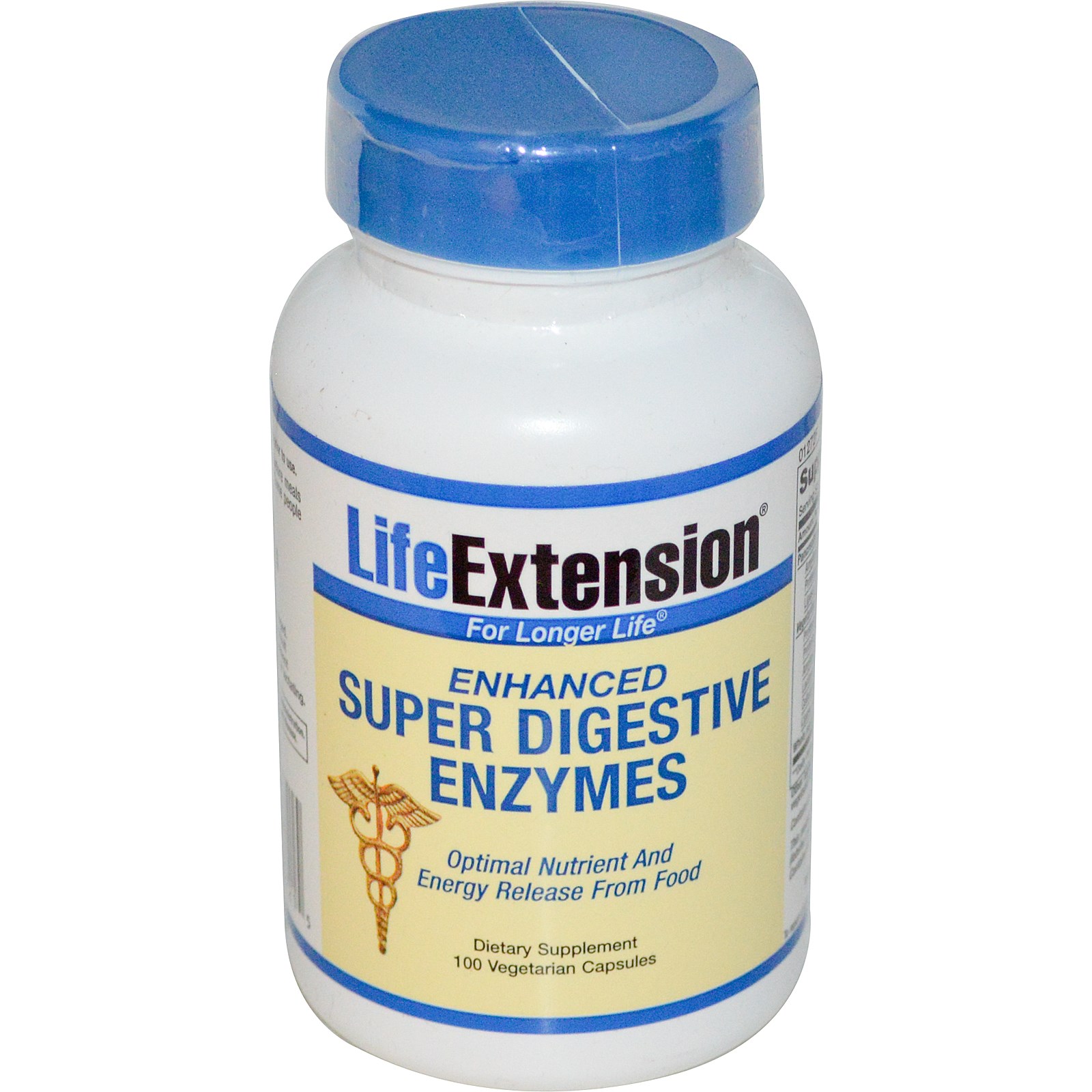
Digestive enzymes are needed to help break down protein, carbohydrates and fat, which may reduce bloating and gas. They may also be able to help absorb vital nutrients in the body, making them more readily available to be utilized for energy and other needs. Lactase is an enzyme that helps break down lactose, the sugar found in milk that is hard for many people to digest. Lipase breaks down fatty foods by converting triglycerides into fatty acids and glycerol. Elastase metabolizes the protein elastin, which is also commonly known to produce gas and amylase is needed to break down carbohydrates into simple sugars.
Probiotics
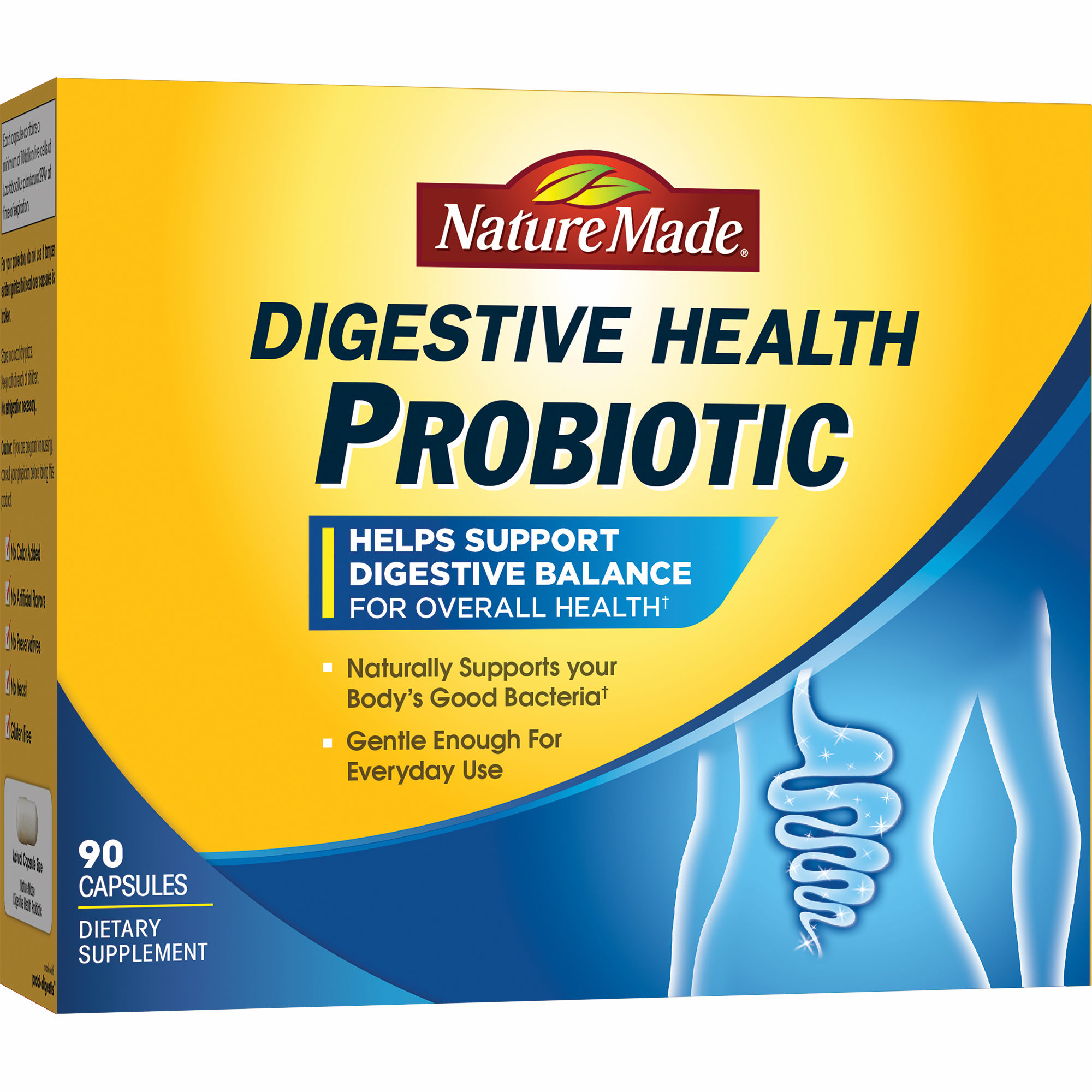
Probiotics are the “good” bacteria found in the gut that may reduce bloating, gas, and symptoms of digestive disorders. Several studies have shown that taking a probiotic supplement helps reduce both gas production and bloating in people with gastrointestinal disturbances. Probiotics work by promoting regularity, which may reduce gas, and by increasing the efficiency of the digestive system to increase absorption of nutrients. Experiment with different strains to find the product that works the best. Avoid taking more than twenty billion colony-forming units as too many probiotics may cause gas.
